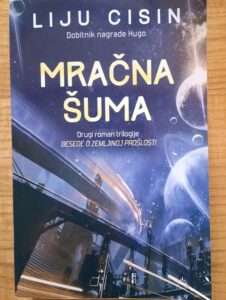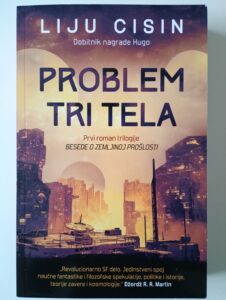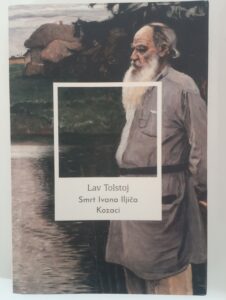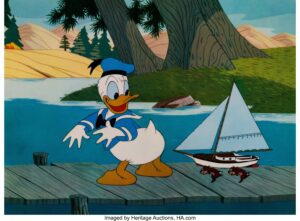Gulliver’s Travels (1726)
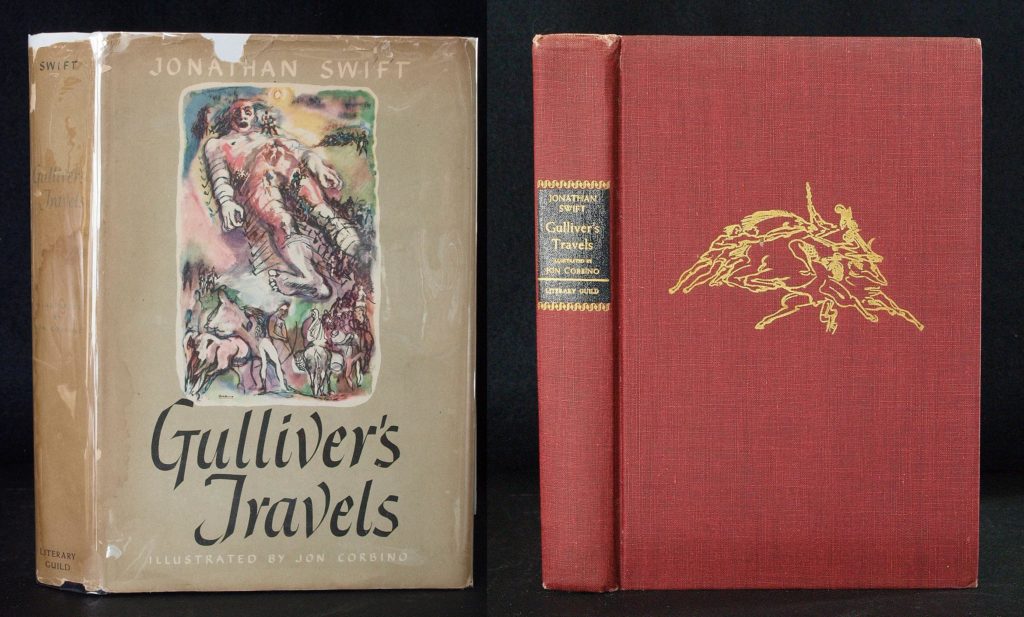
…………………………………………………
Gulliver’s Travels Book Review
Gulliver’s Travels is a 1726 fantasy adventure satire novel by Jonathan Swift. It is regarded as one of the best books of all time and it is one of my personal favorites.
………………………………………………….
“Undoubtedly, philosophers are in the right when they tell us
that nothing is great or little otherwise than by comparison“
…………………………………………………..
…………………………………………………..
It recounts the travels and adventures of one Lemuel Gulliver. He leaves Britain and goes to visit many fantastical lands, where he explains in-depth the peoples’ ways of living and how their nations operate on all levels. It is structured into four parts, all four containing around a hundred pages. They all recount a different land or two while his returns to Europe are also briefly dealt with.
First off, for a novel this old to be as enjoyable and as entertaining as it is even today is nothing short of miraculous. It is overall one of the rare novels from before the nineteenth century that are still being read to this day, and for many amazing reasons as it’s an absolute literary treasure. Every subsequent book and other media belonging to the genres of fantasy and adventure owe at least something to this granddaddy of those genres that is also very much a prose satire in its core as it delves deeply into many political, social and psychological issues.
The development of the supporting characters needed to have been stronger overall, which is one of my only small gripes with the novel, but the protagonist himself is a classic case of how to properly develop your main character. He is unlike so many other central characters in that he isn’t heroic nor really active in the story, but quite the opposite, and that difference made him and the whole book really stand out from all the other literary works, even one made today.
…………………………………………………..
…………………………………………………..
Everybody has known one Gulliver or another in their lives, which is why the relatability of his character and the novel at large are unprecedented. He constitutes basically what would today be called a nomad, thus he is even more timely for today’s readers as the number of nomads in this day and age is expanding. He is a fantastic example of how no travels will save a person from his numerous psychological issues, because let’s be blunt, people embarking on extensive journeys mostly do that to run away from their inner problems, which is exactly the case with Gulliver.
He stands so cleverly for all of those people who travel, but never see. The man never makes any connections between his homeland and the lands that he comes across, he doesn’t learn anything nor does he become a more educated person in the process. He knows a lot in terms of sciences, but he has no knowledge on how real people operate. Gulliver hates his own country, he has no regard for others’ feelings and he himself is very cold, distant, naïve and anti-social. Eventually, he becomes a shell of a man in that unexpectedly brutal ending where he loses that little humanity that he’d had, effectively turning into a full-on misanthrope.
Unfortunately, other characters are far inferior to the main man, but still that wasn’t a big problem as this is after all his novel and is told from his point of view in first person. Others are just there as fleeting appearances. The emperor of Lilliput, the Farmer of Brobdingnag as well as the queen and of course the great Houyhnhnm master are the most memorable supporting players, all of them people with whom Gulliver spent most time with. The last one was particularly well developed. But Gulliver’s family from England is entirely underutilized, which was actually a brilliant choice as it only made him more disconnected from society.
Part I is all about his voyage to Lilliput, and this is the only part that is sadly adapted for movies for the most part. It’s a perfect example of the novel’s ability to appeal to children and adults alike. Children would find these tiny people entertaining while adults will find their tumultuous relation with their neighboring country brilliantly metaphorical as they stand for all the known fraught neighboring countries’ relations in our own world.
…………………………………………………..
…………………………………………………..
The second part is where we get to meet Brobdingnag, which is where the novel is at its most fun and adventurous. Following his troubles in the land of giants was quite amusing. The third part hilariously deals with Japan the same way as it deals with the other made-up lands, thus signifying just how much of an unknown entity this country was to the Europeans of the 18th century. Laputa is very memorable of course while the highlight of this part is of course the protagonist conversing with ancient historical figures.
The best part is undoubtedly the fourth one. This is where the meat of the story is and the richest emotional complexity. This race of horses being smarter while the humanoids are inferior was quite intriguing, and eventually what it did to Gulliver’s psyche was tragic.
Thematically speaking, I’ve already touched upon some of the subject matter, such as alienation, tyranny and fraught foreign relations, but the book deals with so much more than these themes. In fact, it’s one of the most sophisticated pieces of literature ever created as it is richly layered in almost every single page.
Power versus intelligence is well explored, but more vigorously is the theme of individuality dealt with. Ranging from utopian to tyrannical, the book depicts many different governing lands, and all have parallels with the real world’s countries, which makes it relevant in the dramatic and not just fantastical context. The idea that human knowledge is limited, but that nothing is wrong with that, and that peaceful life is possible even within the confines of limited knowledge is very well depicted.
…………………………………………………..
…………………………………………………..
Swift’s writing is simply fantastic. Not only does he describe with so much detail and force, but he writes dialogue very well too, though the dialogue in this work is less present than the inner monologues, which are abundant and incredible. Gulliver’s Travels is also purposefully written to counteract the Enlightenment ideas of the period with the heavy focus on the bodily fluids crassly, but smartly going against that time’s philosophical tide. The author truly goes there in this area, even including a possible rape scene, which was very unexpected. The attention to detail is exquisite, the humor is also present at times and all parts are memorable, well written, imaginative and engaging from beginning to end.




